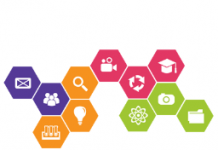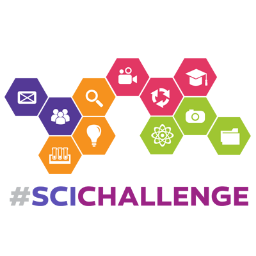Literacy is a critical foundational skill that shapes educational attainment, integration in social life and future employment opportunities. It is the ability to read and write with understanding that involves a lifelong, intellectual process of gaining meaning from a critical interpretation of written text. Reading development comprises a range of language underpinnings including awareness of speech sounds (phonology), spelling patterns (orthography), word meaning (semantics), grammar (syntax) and patterns of word formation (morphology), that provide a necessary platform for fluency and comprehension. Globally, UNESCO reports that there are almost 800 million people who are illiterate. This is not just a problem for developing countries. Illiteracy can result from antecedents such as social opportunity including language and literacy practices at home, efficacy of pedagogical support and the child’s reading difficulties. Within compulsory education, about 1 in 10 children are struggling readers who are unable to master decoding as it is traditionally taught, as a result gradually being left behind in the classroom despite their potential. According to the International Dyslexia Association 74% of 8-year old students who are poor readers will remain so when they reach the age of 14, prompting policy makers to argue for early intervention.
The EU-project íRead is targeting these challenges by developing personalised learning technologies to support reading skills. The software combines a diverse set of personalised learning applications and teaching tools for formative assessment.
The project focusses on primary school children across Europe, learning to read and learning english as a foreign language including children with dyslexia who are at risk of exclusion from their education. The project is funded by the EU H2020 and comprises 17 partners from across industry and education in 9 European countries.
Find more information here: https://iread-project.eu











